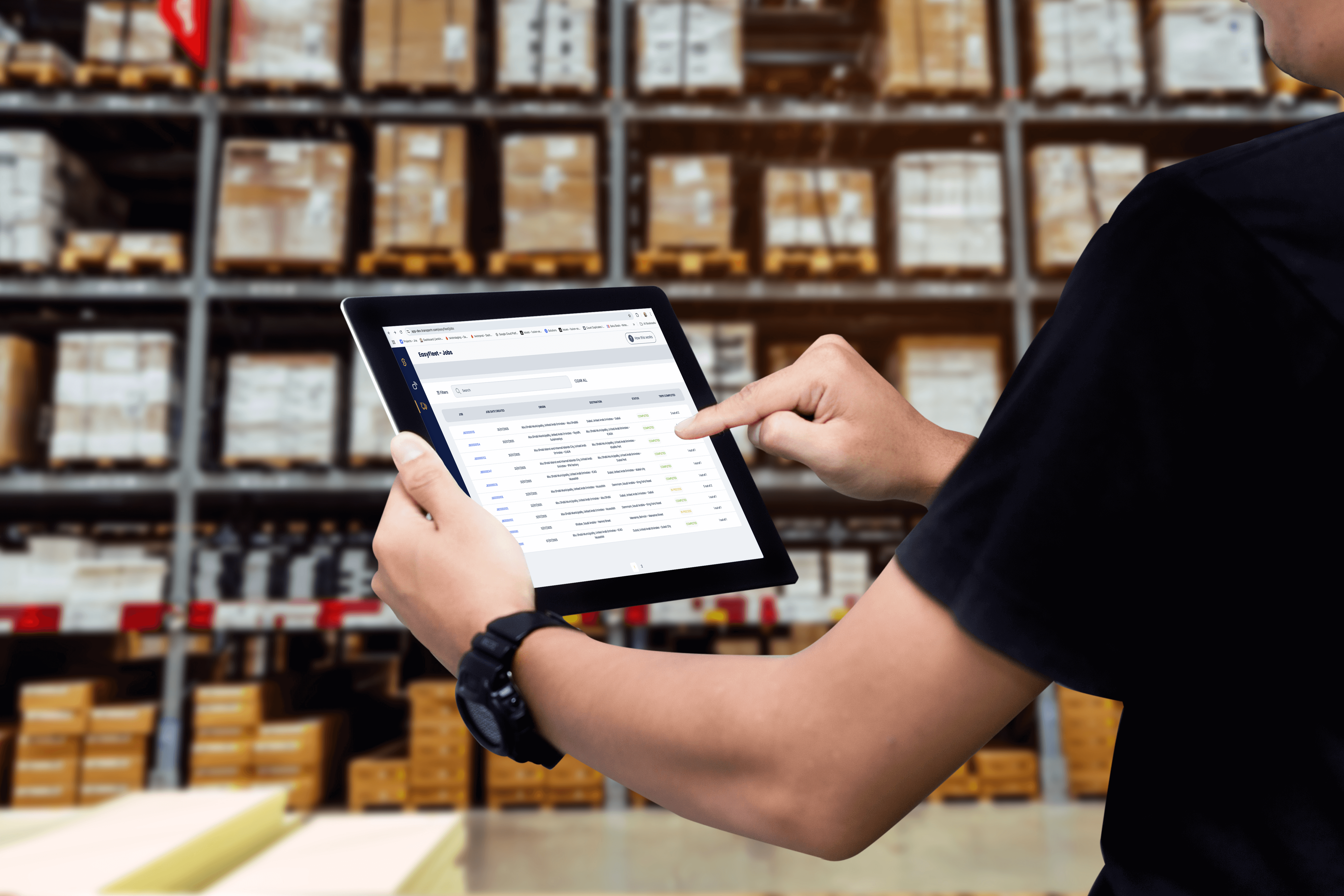Resources

Embrace Digital Logistics Platforms
Why Manufacturers in the GCC Should Embrace Digital Logistics Platforms In today’s fast-evolving industrial landscape, manufacturers across the GCC (Gulf Cooperation Council) face increasing pressure to optimize their supply chains, reduce costs, and meet growing customer expectations. As economies in the region shift toward diversification and digital transformation, one area that remains ripe for innovation is logistics. Embracing digital logistics platforms is no longer a competitive advantage—it’s becoming a necessity.

Supply Chain Volatility
How Manufacturers Can Navigate Supply Chain Volatility in the Coming Years Over the past few years, global supply chains have faced unprecedented disruption—from pandemic-related shutdowns and port congestion to geopolitical tensions and raw material shortages. For manufacturers in the GCC and beyond, this volatility has exposed the vulnerabilities of traditional logistics models.

What Is Supply Chain Compression
What Is Supply Chain Compression and Why It Matters for Today’s Manufacturers In today’s volatile and fast-paced global market, manufacturers are under pressure to deliver faster, cheaper, and more reliably than ever before. As a result, many are turning to supply chain compression—a powerful strategy that streamlines operations and reduces the time it takes to get products from production to the end customer.

Tariffs
How Global Tariffs Are Impacting GCC Businesses—and What to Do About It As the global trade landscape grows more complex, businesses in the GCC (Gulf Cooperation Council) are increasingly feeling the ripple effects of international tariff policies. Whether it's tariffs imposed by the U.S., the EU, or China, or retaliatory duties between global economic powers, these changes can significantly impact supply chains, costs, and competitiveness—even for companies based in duty-free or low-tariff environments like the GCC.